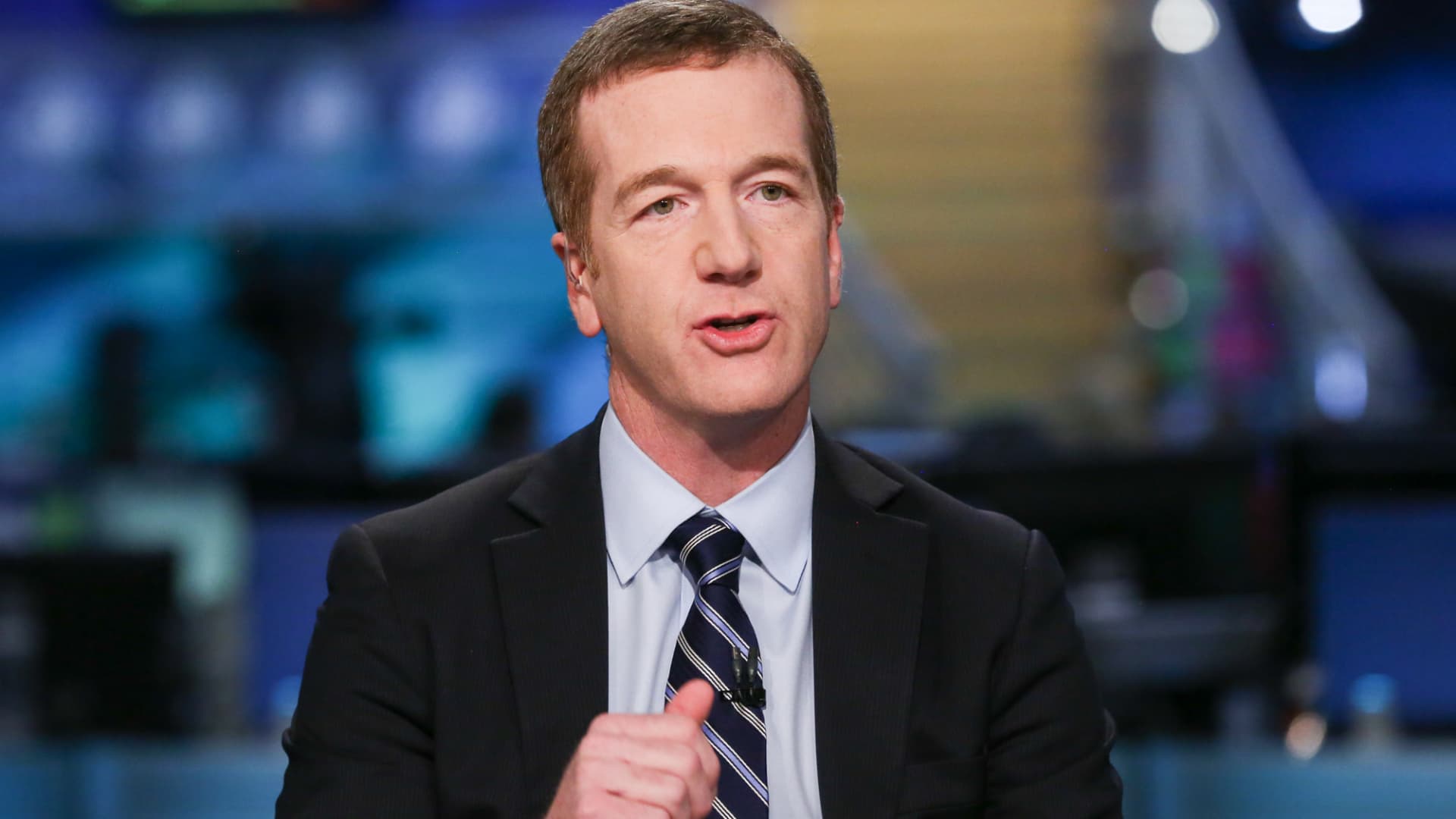Powell says 2% against CORE CPI
CORE CPI is 6.3%
FED Funds is 4%
IF they are going to have a softer landing, they have to NOT raise rates in December or go up by only .25%.
Doing so would likely cause the mortgage spread to drop from 2.9 to 1.7 over the coming months while stabilizing the 10-year around 4% thus getting mortgage rates to drop from 7% to 6% helping a large percentage of the economy with breathing room.
IF Powell goes to 4.5 vs 4.75%, we may see a small rally but are not likely to see the SP over 4100 as he will now be above his own target of 2% inflation on CORE CPI. The only chance we are at the bottom would be staying at 4% and seeing what happens with inflation. Powell isn't likely to stop rate hikes. I actually think he could keep hiking if inflation remains and some economists believe he will have to be over the inflation rate by 1-2% to beat inflation.
Thus, we wait to see if Powell is going to go with .5 or .75 AND how many more hikes we will see. I'd assume rate hikes continue maybe at .5 per meeting then slowing in Q2 to 0 or .25 based on inflation. Assuming .5 * 3 + 4% now, we get to 5.5% heading into Q2 with loan spread dropping from 2.9 to 1.7 thus keeping mortgage rates between 6.5 and 7.5%. Inflation would have to cool to 3-4% from 6.3% for Powell to likely pause as he will be in that 1-2% over inflation. Expecting Q2 for the pause potentially last into Q4 unless inflation continues to drop. This could cause the real estate market to see losses, especially on the commercial side as a large % of those are about to get called and would see a 1.5x rate hike.
What does this mean for equities, I expect layoffs to jump and unemployment to hit 6% by year-end 2023 mostly focused on real estate and finances. Big tech will continue to get weaker due to a lack of easy capital. Equities could get some help as they already have from the USD's strong position. That position will weaken as we slow and then pause hikes.
Thus, it is still time to be defensive as the bottom isn't now. Now if you are a 30-40 year-long equities investor then dollar cost averaging will keep you ahead no matter what happens as I'm a big believer in the US economy.



